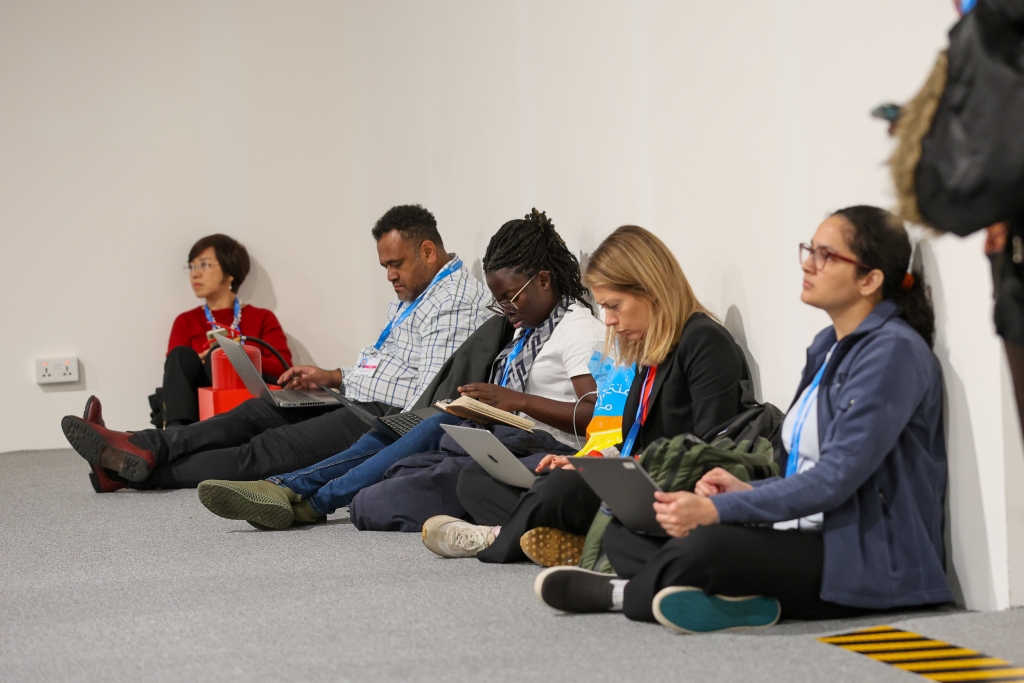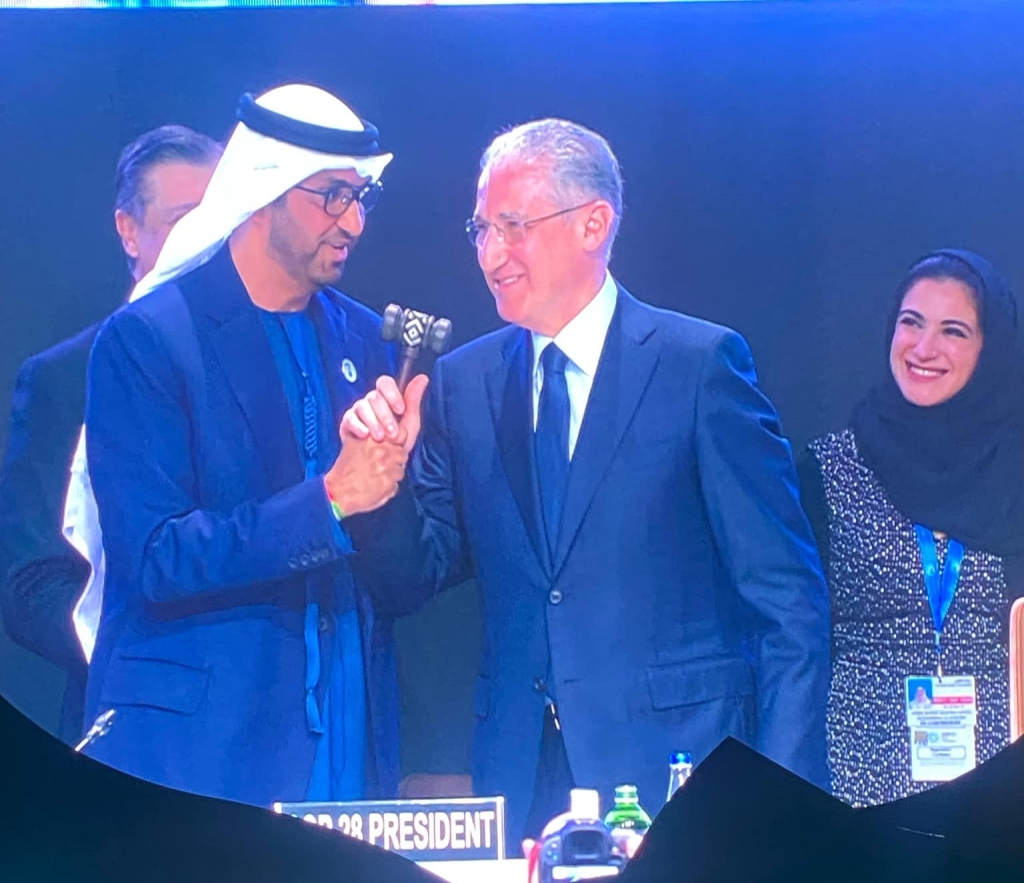
Four days into COP29 in Baku Azerbaijan, we catch up with Mr Wayne King, of the Cook Islands and the lead negotiator for the Pacific in Climate Finance.
Climate Finance is always a high-priority issue for the Pacific Small Islands Developing States (PSIDS) at COP, and Baku being dubbed a “finance COP”, a key ticket item, and what could spell the success, or the lack of success at COP29, is what is referred to as the New Collective Quantified Goal (NCQG).
Being on the frontlines, and amongst the most vulnerable to the impacts of climate change, Pacific countries are calling for sufficient finance support ensure the world is on track to meeting the Paris Agreement.
Support for our Pacific Islands at COP29 from members of the Council of Regional Organisations of the Pacific (CROP) is through the One CROP mechanism led by the Secretariat of the Pacific Regional Environment Programme (SPREP), with a priority to deliver on the NCQG.

Question: When it comes to climate finance at COP29, what is the Pacific asking for?
Answer: The key thing is to understand what it is we want funded. And in the Pacific’s case, we want to fund adaptation, mitigation, and loss and damage. So those three pillars are the big areas we want funded. How much? We’re now saying that the floor, meaning the minimum, is USD 39 billion and that number came from some needs analysis that was done across all of the island countries, which basically means it’s about a billion per country because there are 39 countries in AOSIS.
So that’s the ask; and we’re now going to see all these areas around what they call simplified access. How can we access it easily, how’s it going to be managed at a regional level because there is a lot of positive interest about regionality particularly by bilateral partners but those details are yet to come.
Question: How are the COP29 negotiations on climate finance going? Any progress?
Answer: We’ve finally got some progress after there was little bit of a glitch in terms of moving forward. The big issue was that all of the developed countries were waiting for us to engage. The Alliance of Small Island States (AOSIS), including Pacific Islands, were very keen to engage and talk to each other on some of the issues, but some parts of our wider group of developing countries, G77 and China, were a bit reluctant to do that initially.
But we’ve developed a joint AOSIS and Least Developed Countries (LDCs) paper, we’re now moving forward, using that partly as a basis, and there is some progress. We’ve got a few more sessions today and tomorrow and hopefully on Monday we’ll be in a good space.

Question: What can we expect in the coming days? What’s your gut feeling?
Answer: That’s a big question. It’s going to be intense, there will be a lot of meetings, a lot talks but for us we need to keep our focus and that’s how we’re talking to each other in our group for finance. We’ve got to keep our focus because we can get distracted, and distractions come by a delegation saying something and we all go ‘yeah let’s look at that.’
So we have to keep our alignment, the Pacific with the small islands, and if we are not aligned, we should be saying so, why. For Pacific countries, historically, there is a little bit of a problem because they don’t say a lot until we get here in a small group and they will start saying stuff.
It’s important for the One Pacific Voice, that if they have concerns, they’ll need to tell us.